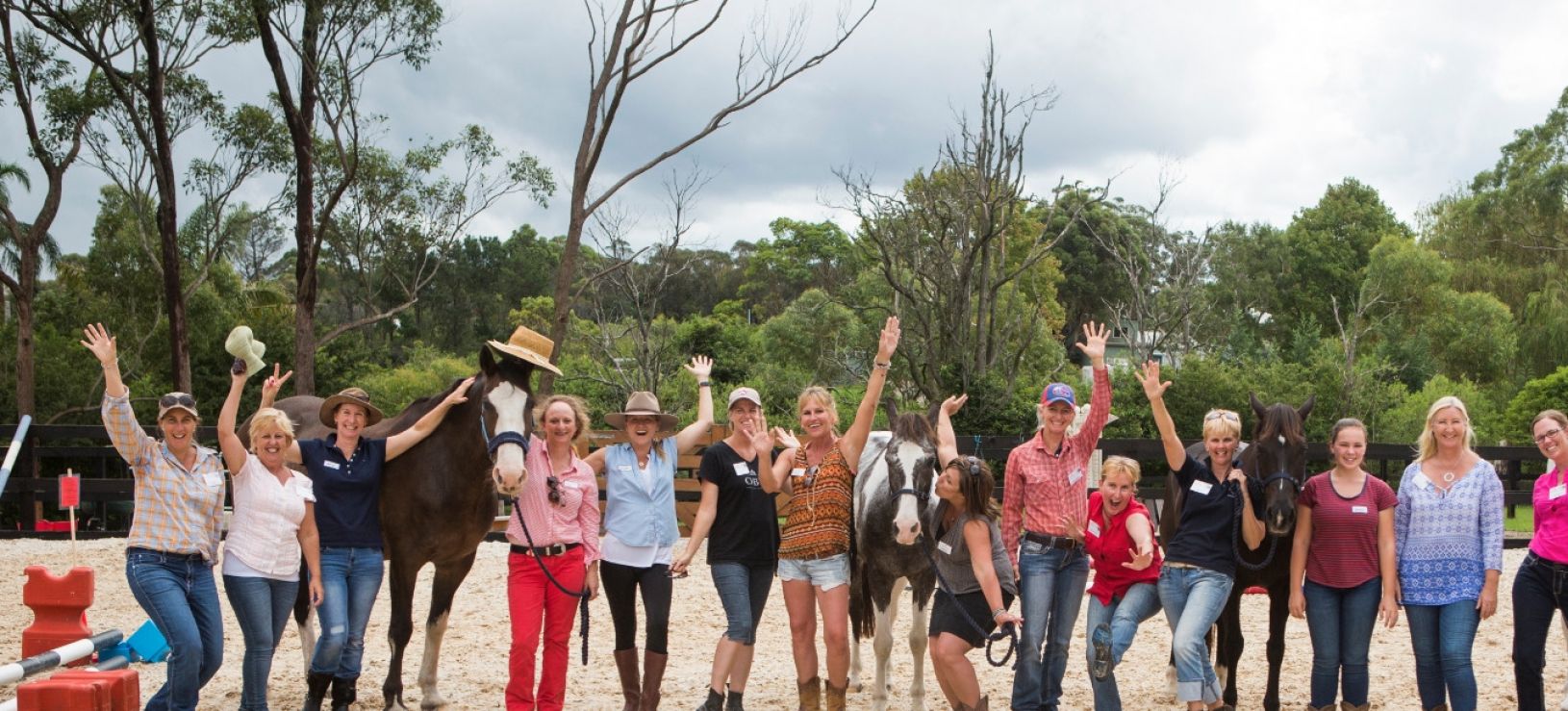Join Equine Connection's FREE "Email Newsletter" Made For Horse Lovers & Equine Business Alike….
How to Maintain Equine Welfare on a Small Acreage
Looking after our equines physical well being when they don’t have the acres to roam and forage and act like horses can pose a challenge when you have limited space on an acreage. There’s the responsibilities of feeding them, good fencing, access to clean water, as well as the emotional well-being and making sure they’re taken care of in that aspect as well. Prevention is always better than care, so take the necessary steps to ensure that your small acreage is set up to make sure your equine’s welfare is optimal.
It is really up to us to try to simulate the feeling of being in the open for the horses, even within a smaller space.
Feed:
Because horses can’t afford to graze on the open field all day, well, they can, but then they eat it down very quickly on such a small area, you have to provide things like constant small feedings. Things like slow feeder, or hay nets are ideal to help slow down the feeding aspect as it takes longer to eat a given amount of hay, smooths out their glycemic-response to hay consumption, as well as gives the foraging feeling to your horses. This also gives us the opportunity to watch their weight, as just like us, it’s not too healthy to be too large or underweight.
De-Worming:
This can be done in different ways but in necessary to ensure their physical well being as well. Research the different ways that you can de-worm your horse and find out the most suitable option for your herd.
Over Crowding:
Ensure you are going by your local guidelines for spacing. But the well-being of the horse should all be taken into account. Horses need space so having too many horses in one place can be a detriment to them.
Fencing:
Fencing is important for safety. In the country with tons of space, the roads are generally quieter and you don’t have to worry (as much) if a horse gets out. However, closer into the cities, or closer to roads, we must be very diligent about out fencing to ensure that, if we have an escape artist, we try to prevent it as much as possible.
Manure:
Mucking out is a must!
Keep it clean! Manure should be taken from yards regularly and put into a first pile. It then gets taken further away to three separate piles. It gets moved down the line until at the end it is totally decomposed fertilizer. It can then be spread in the paddocks/garden or sold or given away as fertilizer.
The manner should be totally broken down before spreading.
JOIN EQUINE CONNECTION'S FREE Email Newsletter
MADE FOR HORSE LOVERS & EQUINE BUSINESSES ALIKE….
Join our community of 118,000+ Life Changers forging their own paths with horses - whether for business or pleasure.
You'll Receive Weekly Emails Designed to Transform Your Relationship With Your Horse, Elevate Your Equine Business & So Much More!













